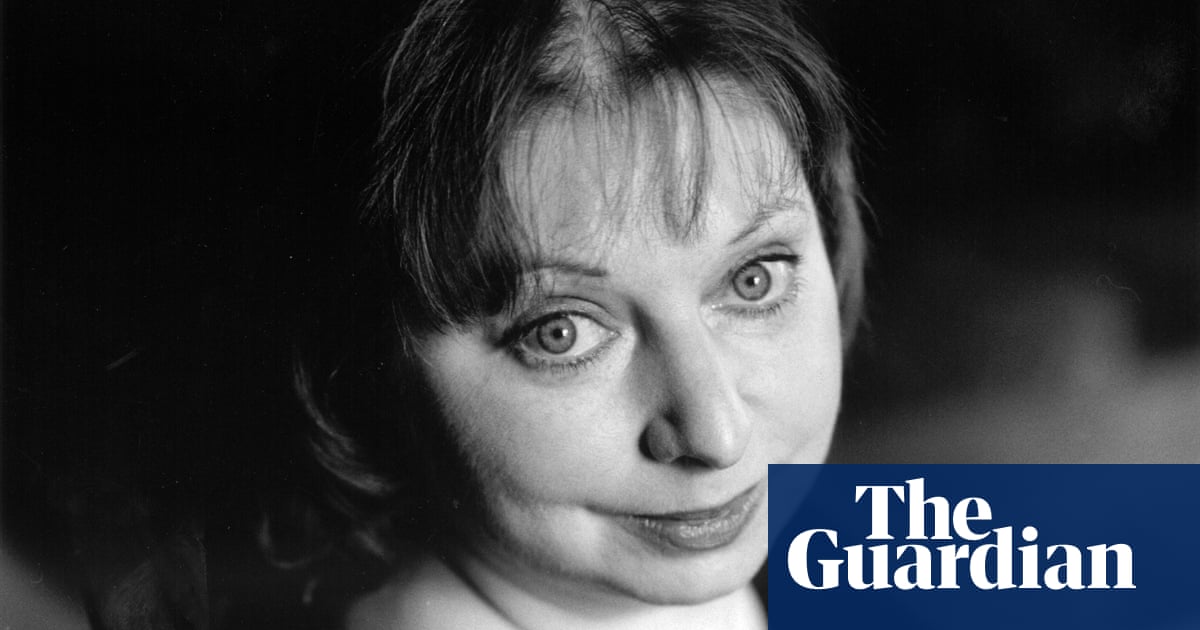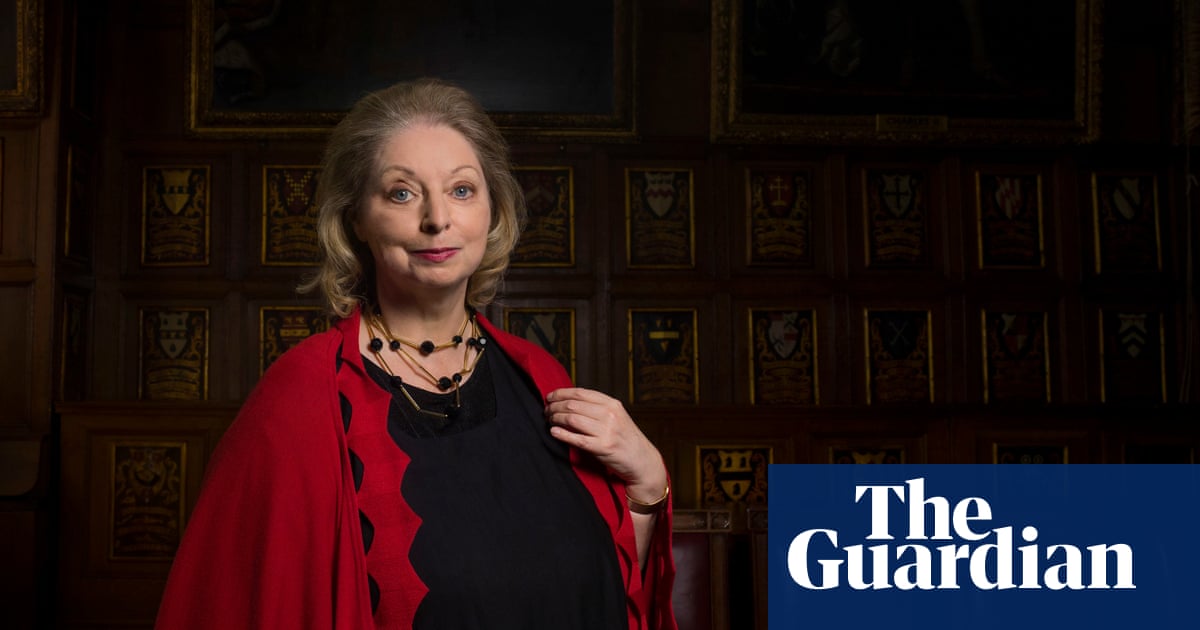
The week before she died, Hilary Mantel was due to speak at the launch of The Wolf Hall Picture Book, a photographic project she’d been working on for some years with Ben and George Miles, and which had played a part in generating the final volume in her trilogy of novels. She had fallen ill, and sent a note in her stead. “What makes craft into art,” she wrote, “is the margin left for contingency, the space made for ambiguity.”
It’s painful to think of that line in retrospect, but even at the time it was striking: a thumbnail definition of her practice as well as a sense of her outlook on life. On their travels, the Miles brothers took photographs and Mantel summoned the ghosts of her Tudor characters. She explained: “We went to each place and said, ‘What can you show us? How can you change us?’” It’s what we might ask of great fiction, too, and hers especially. What can you show us, how can you change us? Quite a lot.
Mantel had a great belief in people’s capacity for change. “There’s no mileage, really, in believing the opposite,” she wrote in her memoir, Giving Up the Ghost. She was describing her re-marriage to her ex-husband Gerald McEwen, but the notion was no less key to her understanding of Thomas Cromwell, who evolved over the 2,000 pages of her Wolf Hall trilogy. It was central, too, to her relationship with the past. “History is always changing behind us,” she said.
She was brought up as a Catholic, and the idea of transubstantiation – the possibility of one thing changing into another – underlaid her work as a novelist, as did the fact that she “dwelled extensively with the dead”. Alison Hart, the troubled jobbing medium in Mantel’s novel Beyond Black, is, if not an alter ego, at least a metaphor for her art.
Though best known as a historical novelist, Mantel was less concerned with history than with its shape-shifting relative, recollection. Between her dazzling scholarship and frequent hilarity of her dialogue lay her true subject: “the operation”, as she once phrased it, “of memory”.
I saw her one evening when she had just delivered the manuscript for The Mirror and the Light. She felt it was her best book. Her reason for that was to do with the freedom the first two volumes had earned her. In Wolf Hall and Bring Up the Bodies – both of which won the Booker prize – she had worked hard to draw readers in, unsure if they’d stay.
This time those readers were waiting, and that allowed her to revel at her leisure in Cromwell’s world. It made me think of Miles Davis, playing with his back to the audience. The act seemed private and public at the same time.
When the book was published – a 900-page “triumph of deletion”, as she put it, there was so much more she had to say – I understood what she was up to. Where another writer might have thought, I’ve already used this scene in an earlier volume, Mantel revisited episodes in Cromwell’s mind, and when they came back to him they were different. The past changed behind him, as she would say, and he himself changed as he took that in. (“A character is, of course, not just a single consciousness,” she said. “They’re a constant flux and flicker.”) It’s as ambitious a literary experiment as it is an exercise in humanity.
Here’s an example. In Wolf Hall, after a threatening encounter with Thomas More in which More accuses him of “negotiating with heretics”, Cromwell remembers seeing a heretic burned alive. As a boy of about eight, Cromwell has run away from his violent father and got caught up in a crowd he thinks is heading towards a fair. But the roaring crowd is gathering around an old woman, “the Loller”, who is singed to death before their eyes.
In The Mirror and the Light, Cromwell recalls the same scene years later. The main action is identical but he remembers himself as more vulnerable. A threatening man, who wasn’t in the first memory, crushes the young Cromwell’s hand. People are crammed together, and the stench of burning flesh is so strong they vomit at their feet.
In both recollections he stays after the onlookers have dispersed but in the second, stray dogs appear, and they are even more frightening than the humans. First the men, then the beasts. And he realises something new: that a version of himself has been left behind there, “at the wrong end of time”, and that the person who returned home was different.
Because she dealt with big historical moments it was easy for some people to forget that Mantel was often joking. Her propensity for mischief and her ear for irony were peerless. The main target of her short story The Assassination of Margaret Thatcher is not Thatcher but the narrator, a cosy liberal just popping some Perrier in the fridge when a gunman rings her doorbell. She thinks he’s a photographer, trying to capture the prime minister emerging from an eye hospital in Windsor. “How much will you get for a good shot?” she asks, letting him size up the view from her window. “Life without parole,” the man replies. She laughs: “It’s not a crime.” “That’s my feeling,” he says as he assembles his rifle.
For all her imaginative dealings with royal subjects, perhaps the most characteristic of Mantel’s sensibility was her first encounter with the Queen. At a party in Buckingham Palace they locked eyes, and Mantel felt her sympathies shift towards the monarch in a manner so “violently interesting” that she had to hide behind a sofa and sit on the floor.












